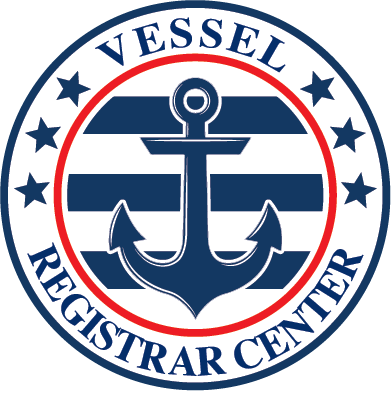When it comes time to sell their vessel, most boat owners don’t give their title any thought until that point. Having a bill of sale, on the other hand, may provide boat owners security in a variety of different ways. When you first complete a bill of sale for your yacht, it will be a novel experience for you, just as it is for the majority of boat owners. The procedure may strike you as intimidating, but you should have no problem completing it successfully if you follow this advice. In this section, we will discuss the many stages of the procedure and provide advice on how to complete each one successfully. Read on to learn all you need to know about obtaining a bill of sale, regardless of whether you are just ready to purchase your first boat or have been bloating for years.
The Bill of Sale Must Include Specific Information About the Boat
Are you trying to figure out what kind of paperwork to use when selling a boat? Documentation isn’t as simple as it appears because of the strict regulations that govern the sale of vessels. However, the boat bill of sale is a document that can be used by both on- and off-water dealers. It’s a safe way to transfer ownership, but you have to know how to fill it out first correctly. Please read on to learn more about the importance of including accurate information on your boat’s bill of sale. It is the Bill of Sale that, in the end, officially transfers ownership from Seller to Purchaser. Gathering all the necessary information about the boat and its features is the first step in facilitating the Boat Bill of Sale. This document provides proof of ownership. However, there are a few things you should be aware of to avoid making mistakes when dealing with these documents.
Both The Seller and Buyer Must Sign the Bill of Sale
At some point in their lives, all boat owners are required to go through creating a bill of sale for their vessel. Legally speaking, the bill of sale for the boat has to include specific information on the vessel. However, the procedures that must be followed to complete a boat bill of sale differ from one state to another. Therefore, before we continue with the advice regarding the processing of a boat bill of sale, you need to be aware of the distinctions between states in terms of the factors that are of vital significance. There is no transfer of the title from the seller to the buyer. It travels from the vendor to the buyer and then to the lender, bank, or credit union. As a result, the title will have three different signatures. Additionally, the signatures should be clear and readable, and they should be contained inside the boundaries of the document.
There May Be Taxes Due on The Sale of The Boat
If you’re trying to sell a boat, you might be taken aback by the sheer number of paperwork required. A bill of sale may be needed in addition to the sales contract, including all of the pertinent information. A bill of sale is a record of who has owned it and when for a vessel. This can assist buyers in making risk-based decisions. The question is, however, how do you come by this data? What are the potential dangers of this plan? As a first-time buyer, what else should you know when it comes to the Boat bill of sale? A title abstract isn’t as straightforward as it appears. To transfer ownership of a boat, you’ll need a clear title. DMV workers can use boat serial numbers to check for existing vessel liens when you show up with your new boat bill of sale. Finders of lost boats should be aware of this because they may be liable for catch-up taxes on the sales price. Vessels and power crafts pay a higher transfer tax than cars, pickup trucks, and trailers in some states. Signature block.

A Copy Must Be Filed with Your State’s Boating Authority.
Most people who own boats are aware that a Bill of Sale has to be submitted anytime a boat is bought or sold. However, the essential concern on the minds of many boat owners is the following: at what point does a yacht’s Bill of Sale need to be filed? When you purchase or sell a boat, the seller is obligated to disclose any existing liens on their vessel. This applies even if the boat has been paid in full. If you buy a boat with a lien on it, it indicates that someone else has an interest in the vessel, and they are entitled to be paid for that interest before ownership can be transferred to you. If there is still a lien connected to a boat after it has been sold, the bill of sale has to be filed with the lienholder and with the state’s Department of Motor Vehicles (DMV) and Department of Natural Resources (DNR).
In the end, a bill of sale report is an integral part of proper state registration. It makes things simple by showing all prior ownership and sale information of vessels in one place. It is highly recommended that you have a bill of sale prepared before the boat bill of sale is processed if there’s any doubt about ownership or other conflicting matters. A bill of sale can provide a vessel history report and protect you from future litigation. Contact Maritime Documentation Center today at 800-535-8570 for more.




